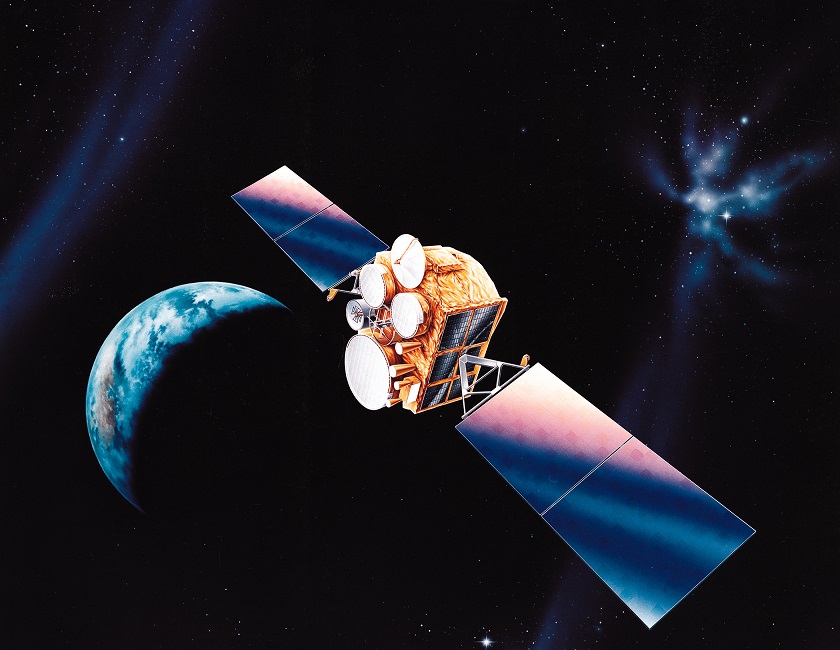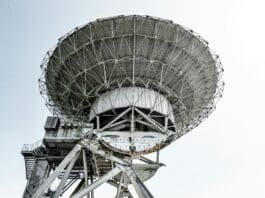
This post is also available in:
 עברית (Hebrew)
עברית (Hebrew)
A recent European initiative is expected to provide secure connectivity for citizens, commercial enterprises, and public institutions, as well as providing global coverage for rural and ‘not-spot’ areas.
The European Commission has selected a consortium of European satellite manufacturers, operators and service providers, telco operators, and launch service providers, to study the design, development, and launch of this space-based communication system.
The new EU program complements Copernicus, the European system for monitoring the Earth, and Galileo – the global satellite navigation system.
The contract value of the year-long feasibility study amounts to € 7.1 million.
The European Space-based connectivity system is set to provide secure communication services to the EU and its Member States as well as broadband connectivity for European citizens, companies, and mobility sectors, strengthening EU digital sovereignty.
It will build upon the European Union’s GOVSATCOM program of pooling and sharing satellite services, and will ensure a high level of reliability, resilience, and security, not currently available in the market; it will also leverage the EuroQCI initiative that promotes innovative quantum cryptography technology.
The study will look at how the Space-based system could enhance and connect to current and future critical infrastructures, including terrestrial networks, strengthening EU capability to access the Cloud and providing digital services in an independent and secure way.
It will leverage and strengthen the role of satellites in the 5G ecosystem, assessing interoperability whilst also taking into account the evolution towards upcoming 6G technologies.
The consortium members are: Airbus, Arianespace, Eutelsat, Hispasat, OHB, Orange, SES, Telespazio and Thales Alenia Space.
This European sovereign infrastructure is set to benefit a large range of sectors, including road and maritime transport, air traffic and control, and autonomous vehicle development, as well as many Internet of Things (IoT) applications, according to geospatialworld.net.



